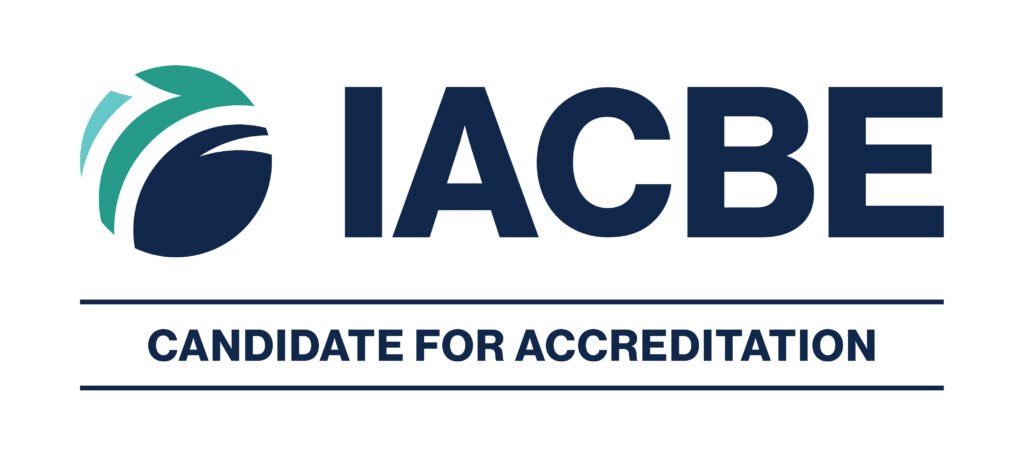Press Release
St. Louis, MO, USA (August 2024) – The Continents States University is proud to announce that we have been granted the status of candidate for accreditation by the International Accreditation Council for Business Education (IACBE). This important milestone was approved by the IACBE Board of Commissioners during their meeting on July 31, 2024.

Achieving candidacy status is a testament to our unwavering commitment to delivering excellence in business education. The IACBE has recognized that The Continents States University has developed a robust outcomes assessment plan, adheres to the highest standards in business education, and meets the rigorous requirements regarding our business programs, resources, and operational processes. This candidacy status now positions us to undergo a comprehensive accreditation review of our business programs.
At The Continents States University, we are dedicated to providing high-quality, accessible education that empowers our students to excel in their careers and contribute meaningfully to the global business landscape. This recognition by the IACBE reinforces our mission to deliver education that is both affordable and globally relevant, ensuring our students are well-equipped for success in today’s dynamic world.
To explore further details about this significant achievement and to read the full decision of the IACBE Board of Commissioners, please access the full report directly here.
About The Continents States University
The Continents States University, located in St. Louis, MO, USA, offers a diverse range of online master’s degree programs and MiniMaster courses in business, leadership, and healthcare. Our university is committed to providing an education that is both accessible and of the highest quality, fostering personal and professional growth among our students. With a focus on affordability and global recognition, we strive to help our students achieve their educational and career aspirations.
About the IACBE
The International Accreditation Council for Business Education (IACBE) was established in 1997 and is nationally recognized by the Council for Higher Education Accreditation (CHEA). The IACBE is a leader in mission-driven and outcomes-based programmatic accreditation in business and management education for student-centered colleges, universities, and other higher education institutions worldwide. The IACBE has accredited over 1,500 business and business-related programs across the United States, Europe, Asia, the Middle East, Central America, and South America.
The IACBE’s World Headquarters are located at 11960 Quivira Rd, Suite 300, Overland Park, Kansas, USA. For more information, please visit the IACBE’s website at www.iacbe.org.
